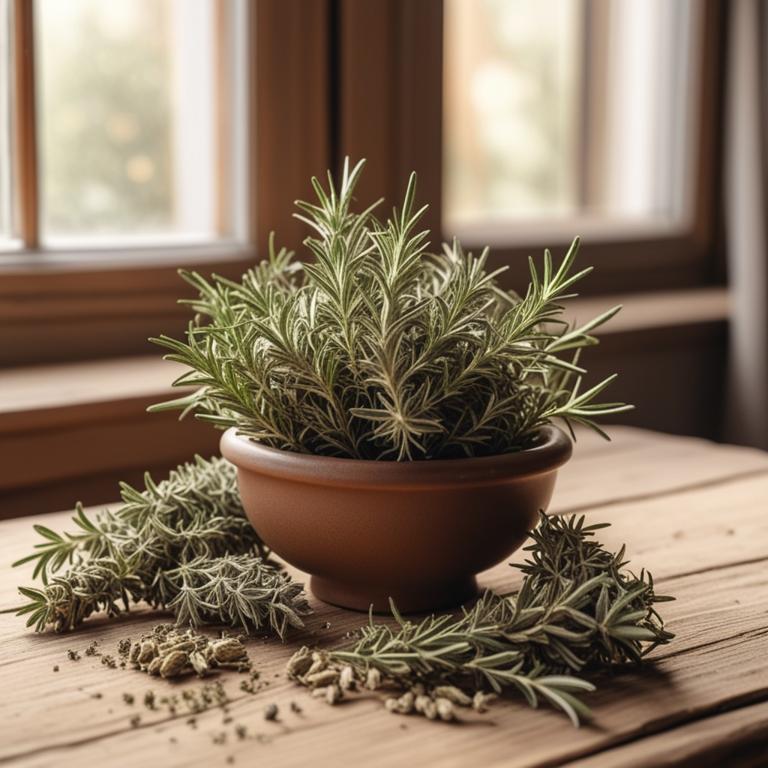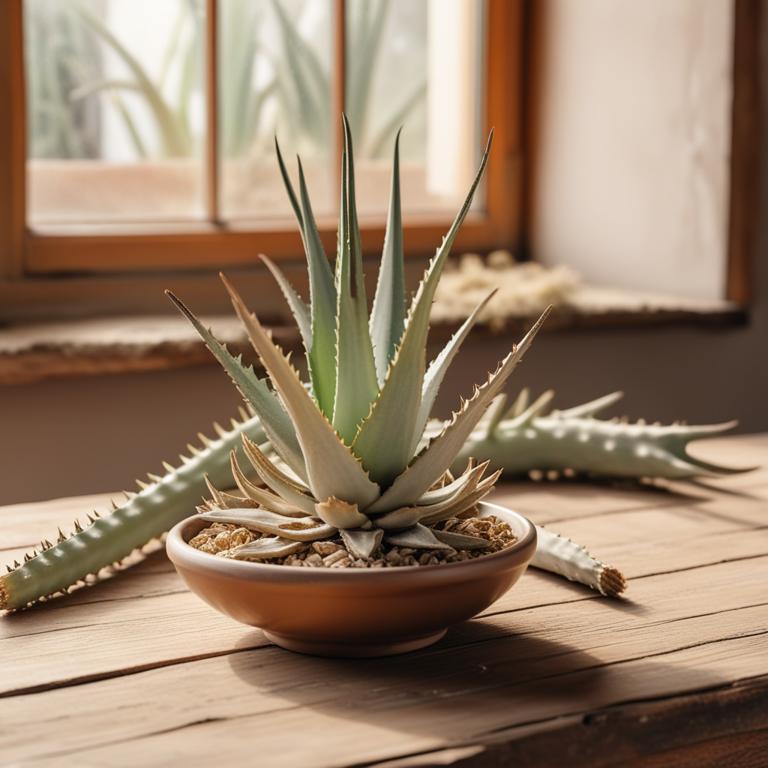Updated: Dec 1, 2024
Eye Swelling: Causes, Symptoms, and Medicinal Herb Remedies
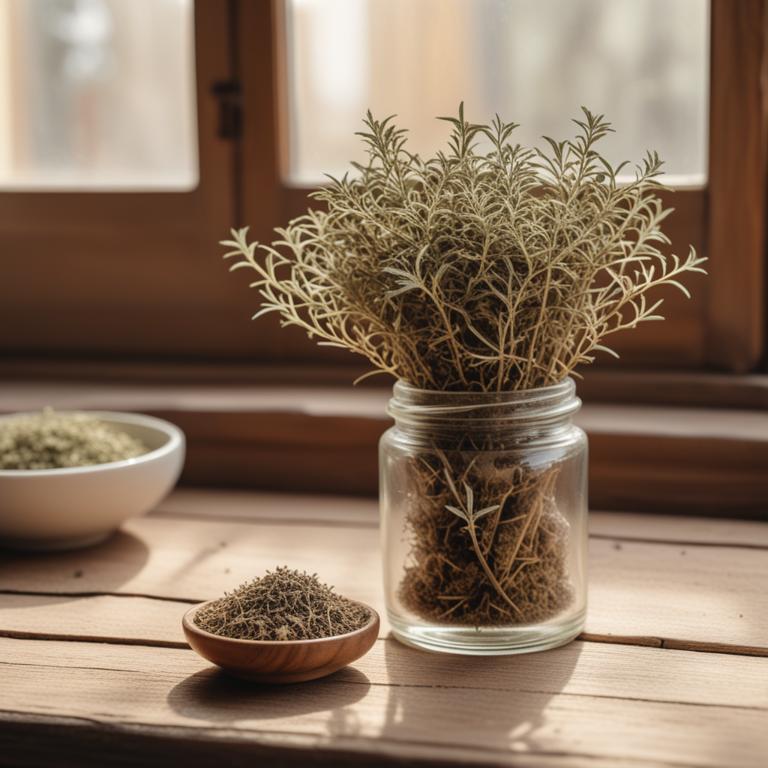
Eye swelling, also known as periorbital edema, is a common condition where the skin around your eyes becomes inflamed and swollen.
It can be painful and affect your daily life, making it hard to sleep, work, or even enjoy simple activities. Eye swelling can be caused by allergies, sinus infections, or even something as simple as rubbing your eyes too hard. To tackle eye swelling, you can try using natural herbal remedies. One such herb is chamomile, which is known for its anti-inflammatory properties. You can drink chamomile tea to help reduce swelling and soothe your eyes.
Another herb is peppermint, which can help cool down the skin and reduce puffiness. You can apply a cooled peppermint tea bag to your eyes to get relief. You can also try using cucumber slices or cold compresses to help reduce swelling. Some herbal remedies, like eye creams or salves, can be applied directly to the affected area. These creams often contain herbs like aloe vera or witch hazel, which can help calm down the skin and reduce inflammation.
When using herbal remedies, make sure to always patch test them on a small area first to ensure you don't have any sensitivity.
Table of Contents
- What are the factors that cause eye swelling?
- What benefits can be achieved by utilizing herbs for eye swelling?
- What are the main medicinal herbs to help with eye swelling?
- What are the top herbal preparations for treating the condition of eye swelling?
- What herbs should be avoided to prevent eye swelling?
- FAQ
What are the factors that cause eye swelling?
The main causes of eye swelling are quite varied and can be quite uncomfortable.
Allergies are a common cause, where the eyes react to something in the environment, like pollen or dust, and become inflamed. This causes the blood vessels to swell, leading to puffy eyes. Chemical Burns are another cause, where harsh chemicals come into contact with the eyes, causing damage to the delicate tissue and leading to swelling. This can happen accidentally in the workplace or at home.
Anaphylaxis is a severe allergic reaction that can cause the eyes to swell, along with other symptoms like difficulty breathing and a rapid heartbeat. This is a medical emergency that requires immediate attention. Blepharitis is a chronic eye condition where the eyelids become inflamed, often due to a bacterial infection. This can cause the eyelids to become swollen and red, and can be quite painful.
It's often associated with conditions like rosacea or acne.
What benefits can be achieved by utilizing herbs for eye swelling?
Using herbs to reduce eye swelling can be really helpful.
One of the main benefits is that they can quickly reduce puffiness and make your eyes look less swollen. These herbs often have anti-inflammatory properties, which can help calm down the blood vessels and reduce the amount of fluid that's accumulated in your eyes.
This can be especially helpful if you have allergies or sensitive eyes. Additionally, some of these herbs can help to cool down your eyes, which can be a relief if you're experiencing heat or irritation. They may also help to reduce redness and make your eyes look more refreshed.
By using these herbs, you can get some quick relief from eye swelling and make your eyes feel and look better.
What are the main medicinal herbs to help with eye swelling?
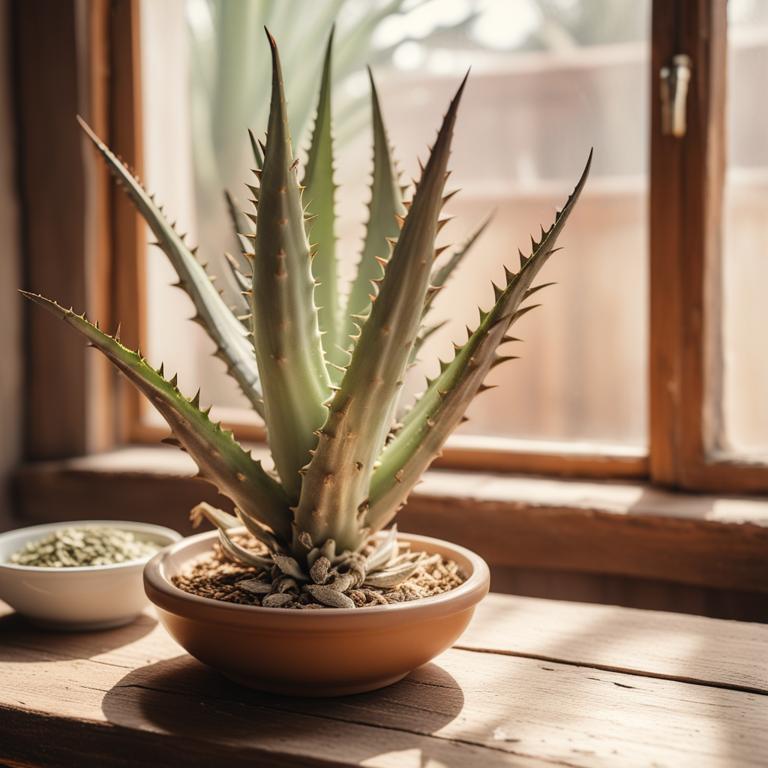
Herbs can be a great way to help reduce eye swelling.
For example, Aloe barbadensis, also known as aloe vera, has anti-inflammatory properties that can help calm the skin around your eye. It works by reducing swelling and soothing irritation. Calendula officinalis, or pot marigold, is another herb that's good for eye swelling. Its anti-inflammatory properties help reduce redness and swelling, making it a popular ingredient in eye creams and lotions. Echinacea purpurea, or coneflower, is often used to boost the immune system, but it can also help reduce inflammation.
This is because it contains compounds that have anti-inflammatory properties, which can help soothe and calm the skin around your eye. Euphrasia officinalis, or eyebright, is a herb that's traditionally used to treat eye problems, including swelling. It contains compounds that help reduce inflammation and promote healing, making it a good choice for reducing eye swelling. Symphytum officinale, or comfrey, is another herb that's been used for centuries to treat eye problems. Its anti-inflammatory properties help reduce swelling and promote healing, making it a popular ingredient in eye creams and lotions. When using these herbs to help with eye swelling, it's essential to remember that they shouldn't be used as a replacement for medical treatment.
If you have persistent or severe eye swelling, you should consult with a doctor or healthcare professional for proper diagnosis and treatment.
What are the top herbal preparations for treating the condition of eye swelling?

Herbal preparations can be a great way to help with eye swelling.
For example, an eye cream can be made by infusing herbs like cooled chamomile tea bags in a carrier oil like coconut oil. This helps to reduce puffiness and soothe the skin around the eyes. A decoction is a strong liquid made by boiling herbs in water, and it's often used to make a tea that can be applied as a compress to the affected area. A tincture is a concentrated liquid made by steeping herbs in a solvent like alcohol or glycerin, and it can be added to a cool compress or applied directly to the skin. Herbal capsules are another option, where the dried herbs are filled into gelatin or vegetable capsules and taken orally.
This can help to reduce swelling from the inside out. An infusion is a liquid made by steeping herbs in hot water, and it can be used as a tea or applied as a compress to the affected area. Herbal preparations like calendula, chamomile, and elderflower can be especially helpful because they have anti-inflammatory and soothing properties. Calendula can help to reduce swelling and promote healing, while chamomile can help to calm the skin and reduce redness. Elderflower has antihistamine properties that can help to reduce swelling caused by allergies.
These herbs can be used in different preparations to suit different needs and preferences.
Additional Resources:
What herbs should be avoided to prevent eye swelling?
If you have eye swelling, it's best to be careful with certain herbs.
Glycyrrhiza glabra, also known as licorice root, can cause water retention in the body, which can make eye swelling worse. This is because the root contains a compound that can increase fluid levels in the body, putting extra pressure on the eyes. Artemisia absinthium, or wormwood, is another herb to avoid.
Its active compounds can cause irritation and inflammation in the eyes, which can make swelling even worse. Onions and garlic, both of which come from Allium cepa and Allium sativum, contain sulfur compounds that can irritate the eyes and make swelling worse. These compounds can cause redness and tearing, making the swelling look even more pronounced. Turmeric, which comes from Curcuma longa, contains a compound that can cause allergic reactions in some people, including eye irritation and swelling.
If you have eye swelling, it's best to avoid these herbs for now and talk to a doctor or a qualified herbalist for advice.
FAQ
Are there any specific herbs that can prevent eye swelling?
Some herbs, like peppermint and eucalyptus, have anti-inflammatory properties that may help reduce eye swelling.
Peppermint's cooling effect can soothe and calm the area, while eucalyptus oil's decongestant properties can help ease swelling and redness.
These herbs can be applied topically as a compress or added to a warm bath for relief.
Is it safe to use herbal remedies for eye swelling during pregnancy?
Using herbal remedies for eye swelling during pregnancy can be tricky.
Some herbs can help, but others might not be safe. For example, peppermint and chamomile are often used for their calming effects, but it's essential to know the exact ingredients and amounts.
Be cautious and do your research before trying any herbal remedies.
Are there any herbs that can reduce the frequency of eye swelling?
Some herbs, like feverfew and butterbur, have properties that may help reduce the frequency of eye swelling.
Feverfew contains compounds that can decrease blood vessel inflammation, which can contribute to swelling. Butterbur, on the other hand, has anti-inflammatory properties that may help alleviate eye puffiness.
Using these herbs in moderation may provide some relief.
Related Articles
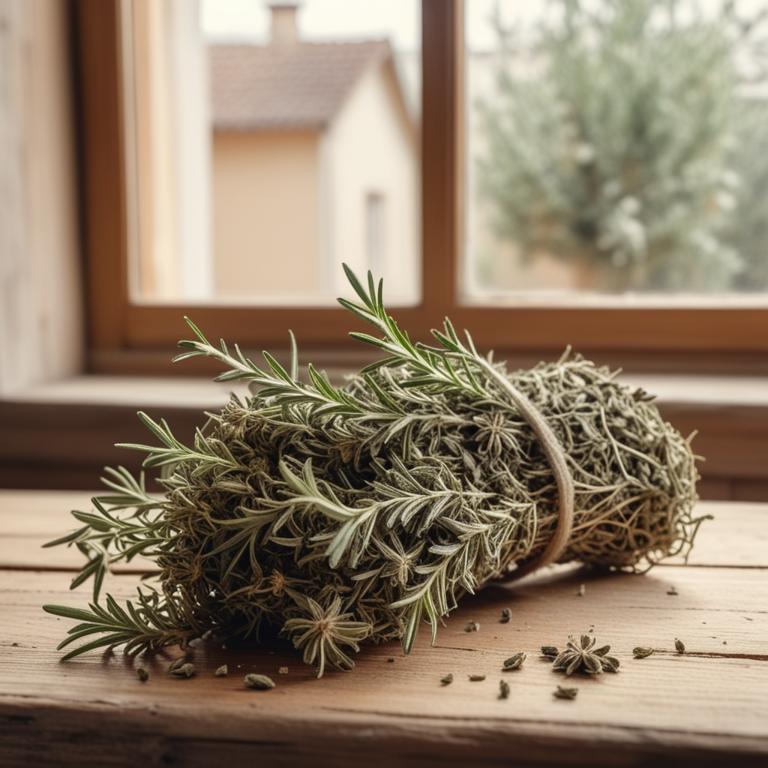
The Role of Medicinal Herbs and Herbal Preparations in Lice Treatment

Causes, Herbal Solutions, and Preparations for Mouth Ulcers
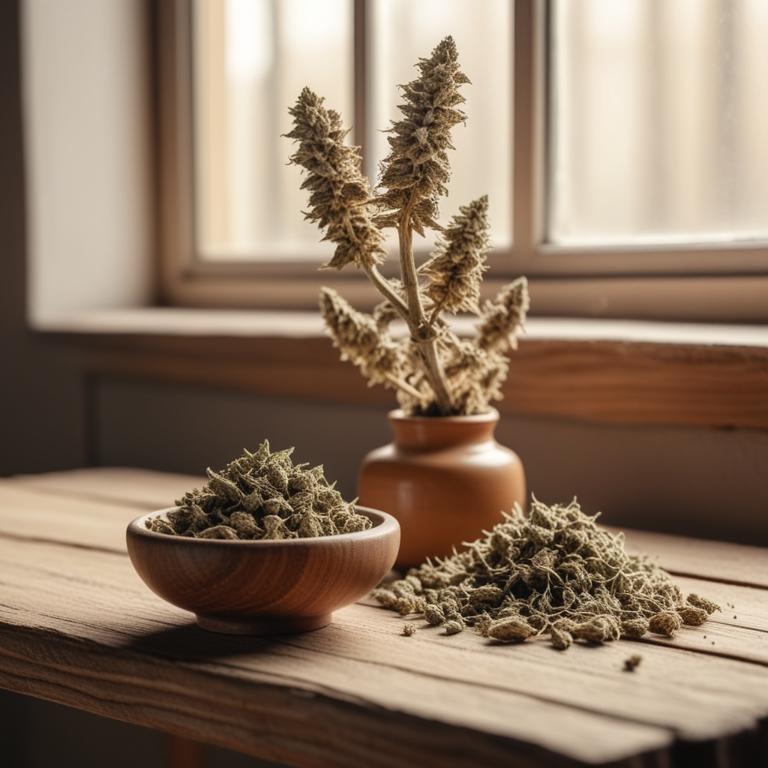
Dry Scalp and Herbal Remedies: Understanding Causes and Treatment Options
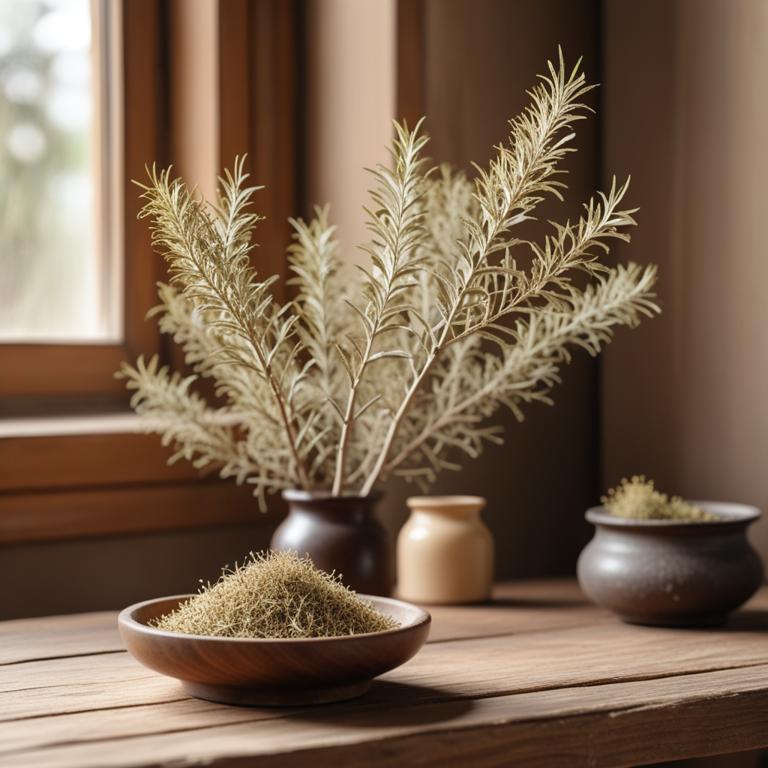
Natural Treatments for Nail Fungus: Causes and Herbal Remedies
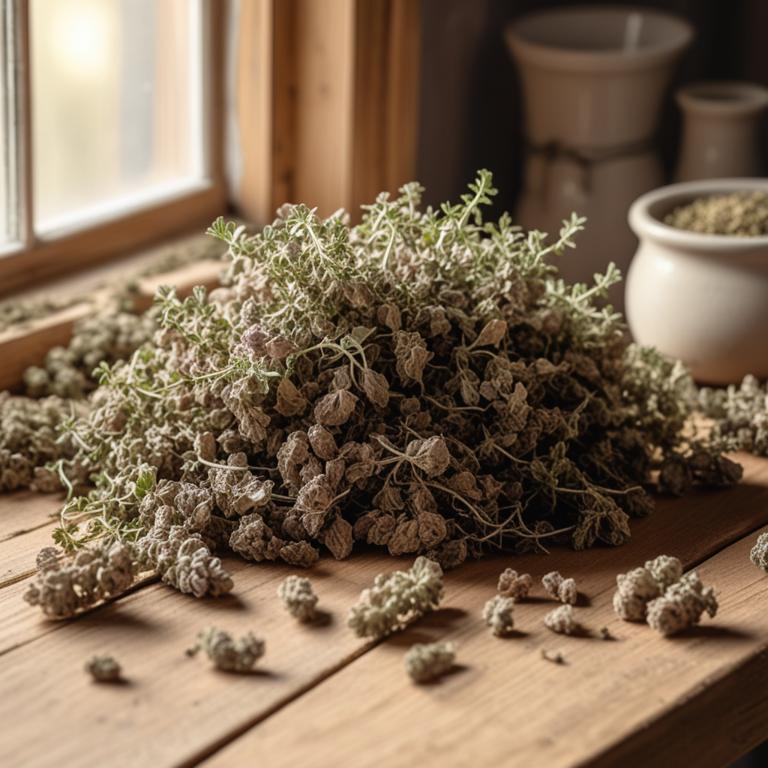
Open Pores: The Causes, Medicinal Herbs, and Herbal Remedies for Healthy Skin
